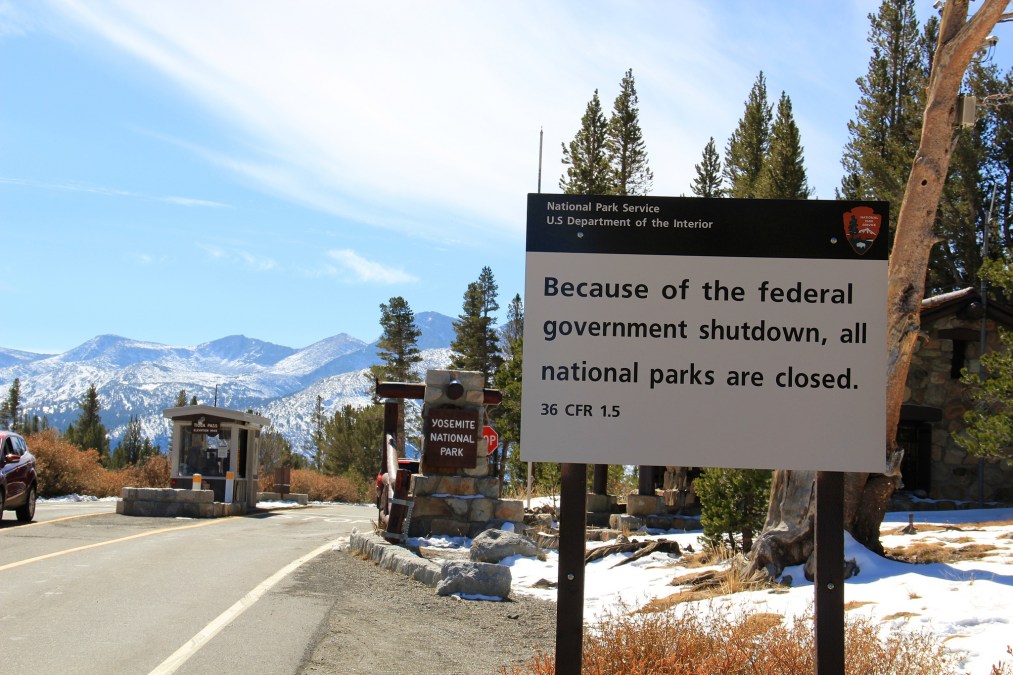Shutdown impacts may be rippling beyond shuttered agencies

The partial government shutdown has now gone longer than any in federal history, and its effects on agencies and contractors are reaching critical levels, leaders from a federal contractor trade group said Thursday.
“How long can people work if they are not getting paid,” David Berteau, president of the Professional Services Council, said in a conference call with the media. “That’s a question we’ve never tested to this level before. It is pretty scary.”
With the shutdown 27 days in and counting, PSC leaders said the economic impacts on the contracting community have reached unprecedented levels with no indication of when the budget impasse will end. Even worse, they said, it likely has started to ripple beyond furloughed agencies to programs that have funding.
Berteau said ongoing efforts like IT modernization projects approved by the Technology Modernization Fund are caught in a confusing new reality — not because of a lack of appropriations, but because the services needed to carry them out are closed.
“We have companies that are working on IT modernization contracts where the customer is closed even though the funding — which comes, for example, from the modernization fund — is still available,” he said. “So the work can go on, but you can’t talk to the customer. Now, how dumb is that?”
According to the TMF board’s website, as of Dec. 12, two of the shuttered agencies have spent funds on their modernization projects: the Department of Housing an Urban Development on its UNISYS Mainframe Migration and Department of Agriculture on its Farmers.gov Portal.
But because the shutdown has partially impacted the General Services Administration — which administers the TMF and is partially funded by appropriations — it’s unclear how much more has been spent since last month and what progress has been made.
Projects like the Department of Defense’s Joint Enterprise Defense Infrastructure (JEDI) cloud computing contract may also face unintended roadblocks as a result of the shutdown, even though DOD is fully funded for fiscal 2019. Berteau said though the department has stated JEDI will not be impacted by the shutdown, defense officials had to cancel an advisory board meeting about the contract because such a gathering is required to be posted in the Federal Register, which isn’t operating because of the shutdown.
The lasting impact on both agencies and contractors isn’t yet known. More than 800,000 federal employees have been furloughed, with agencies calling for some to return to work without pay.
PSC officials said while there is no official tally of federal contractors furloughed, they estimate it’s in the “tens of thousands,” depriving the government of a workforce on two fronts at a time when talent is heavily in demand.
The fear, Berteau said, is now that the shutdown has enveloped a second pay period, federal workers and contractors will leave for other jobs. Such a move ensures that whenever the shutdown does end, the hangover will be even more pronounced and tougher to recover from.
“How do you retain people in order to have them available when you come back,” he said. “This is not a question we’ve run into before.”






